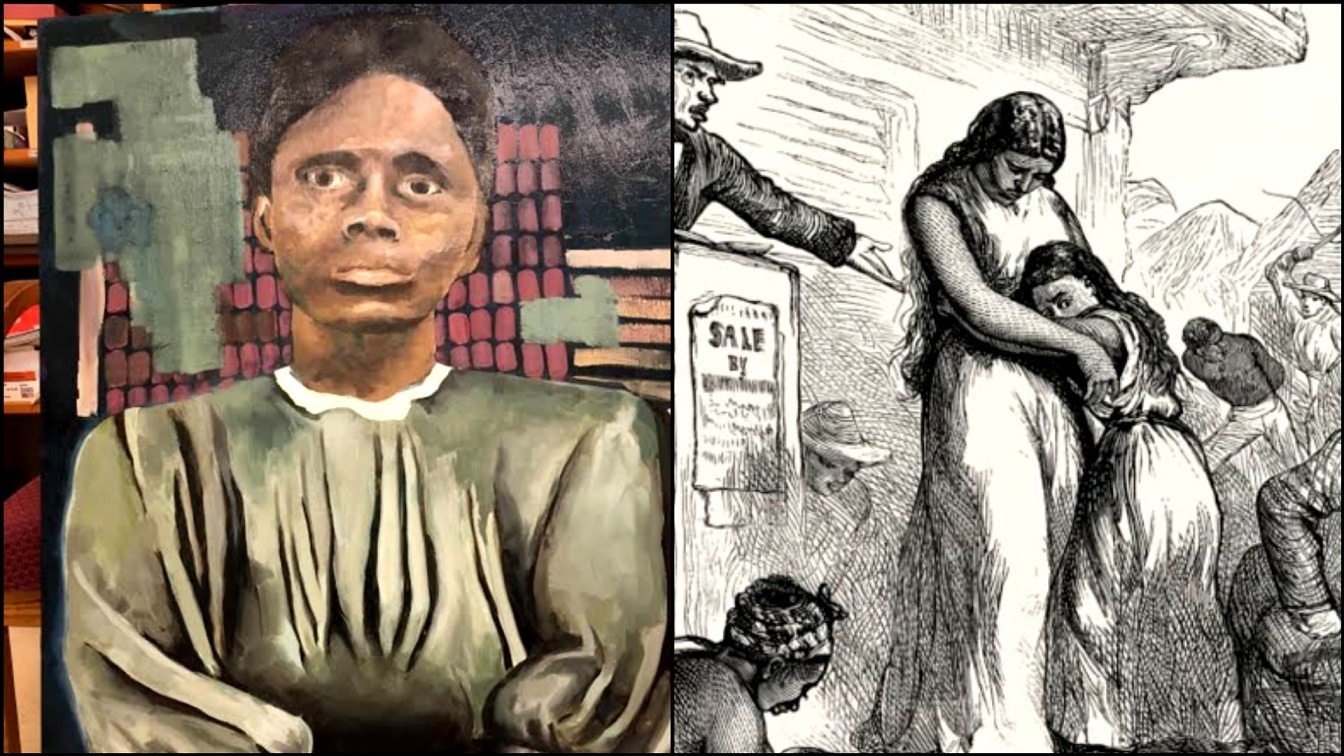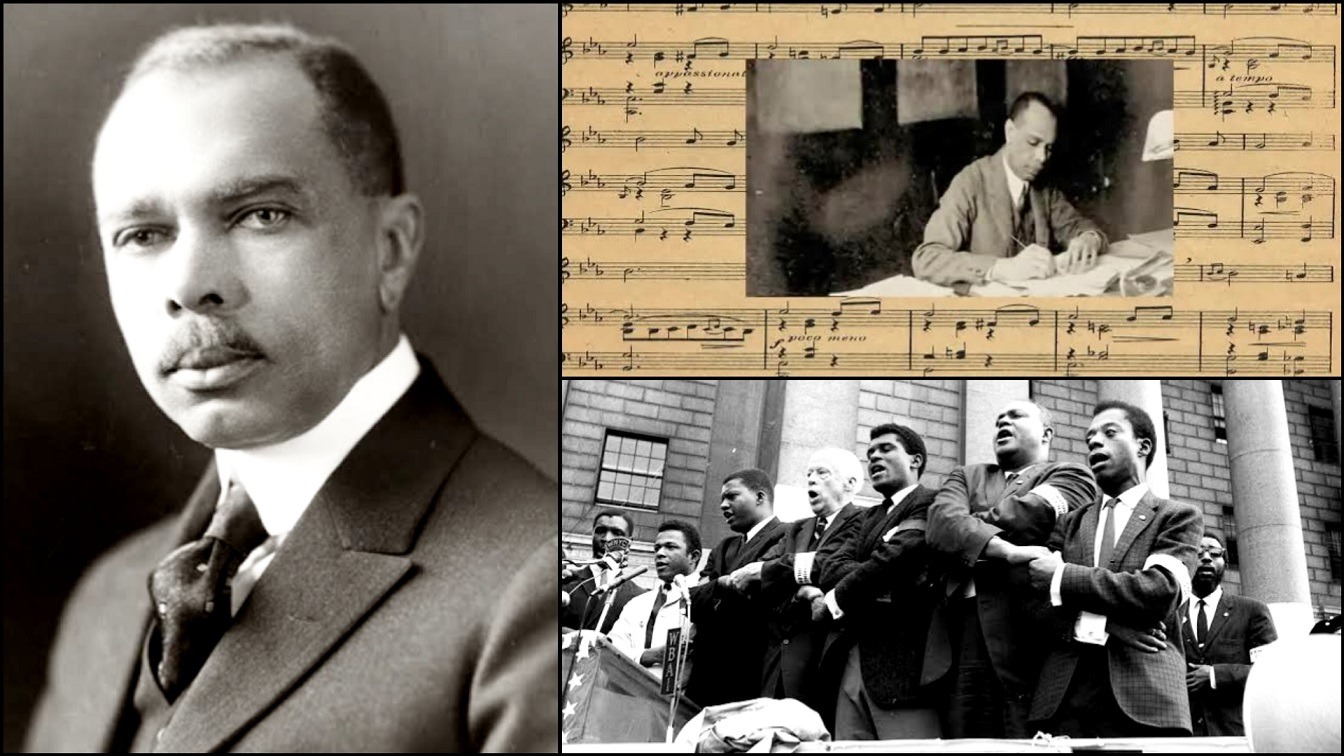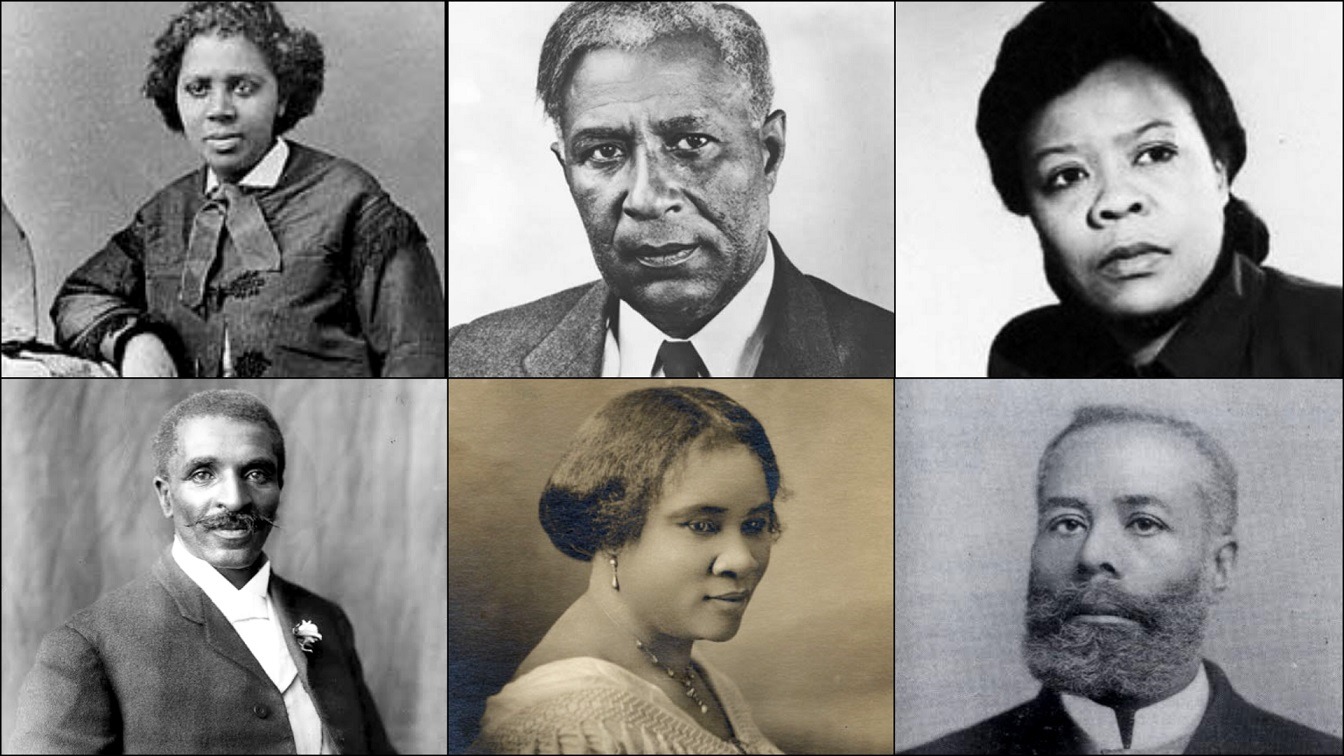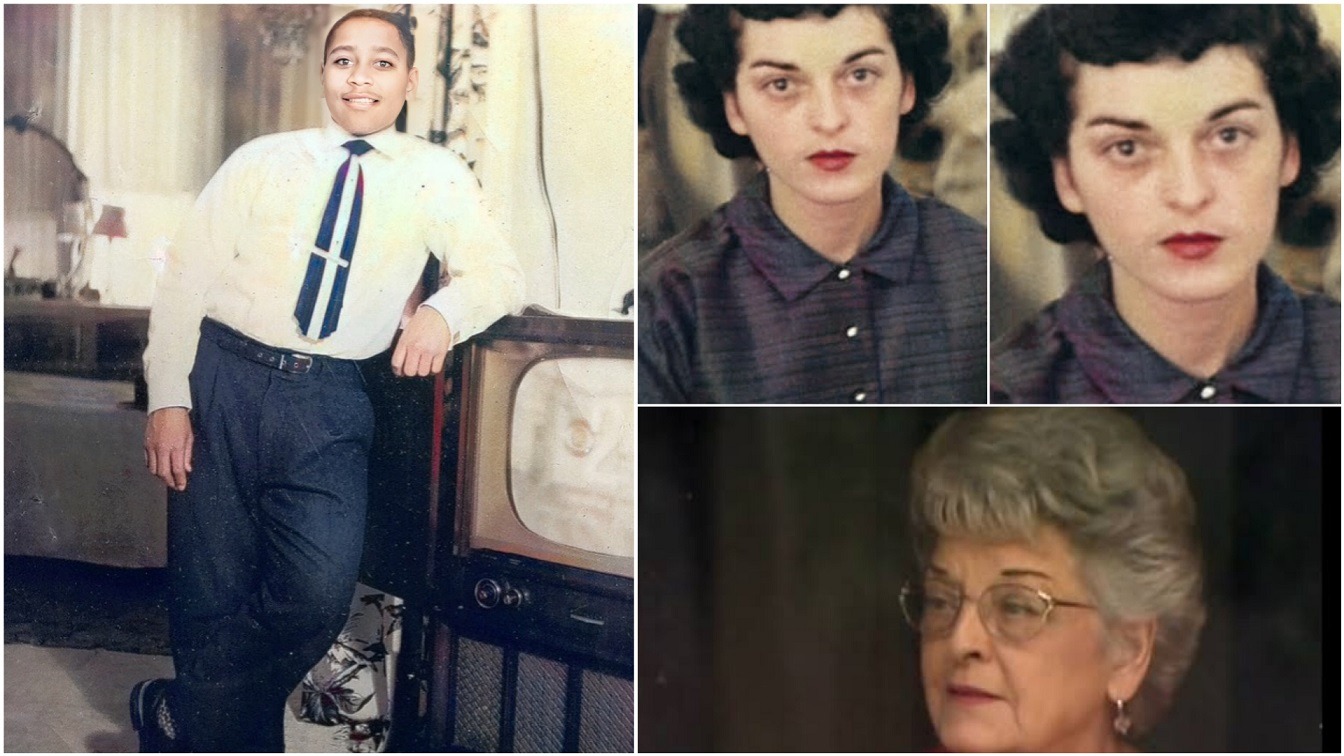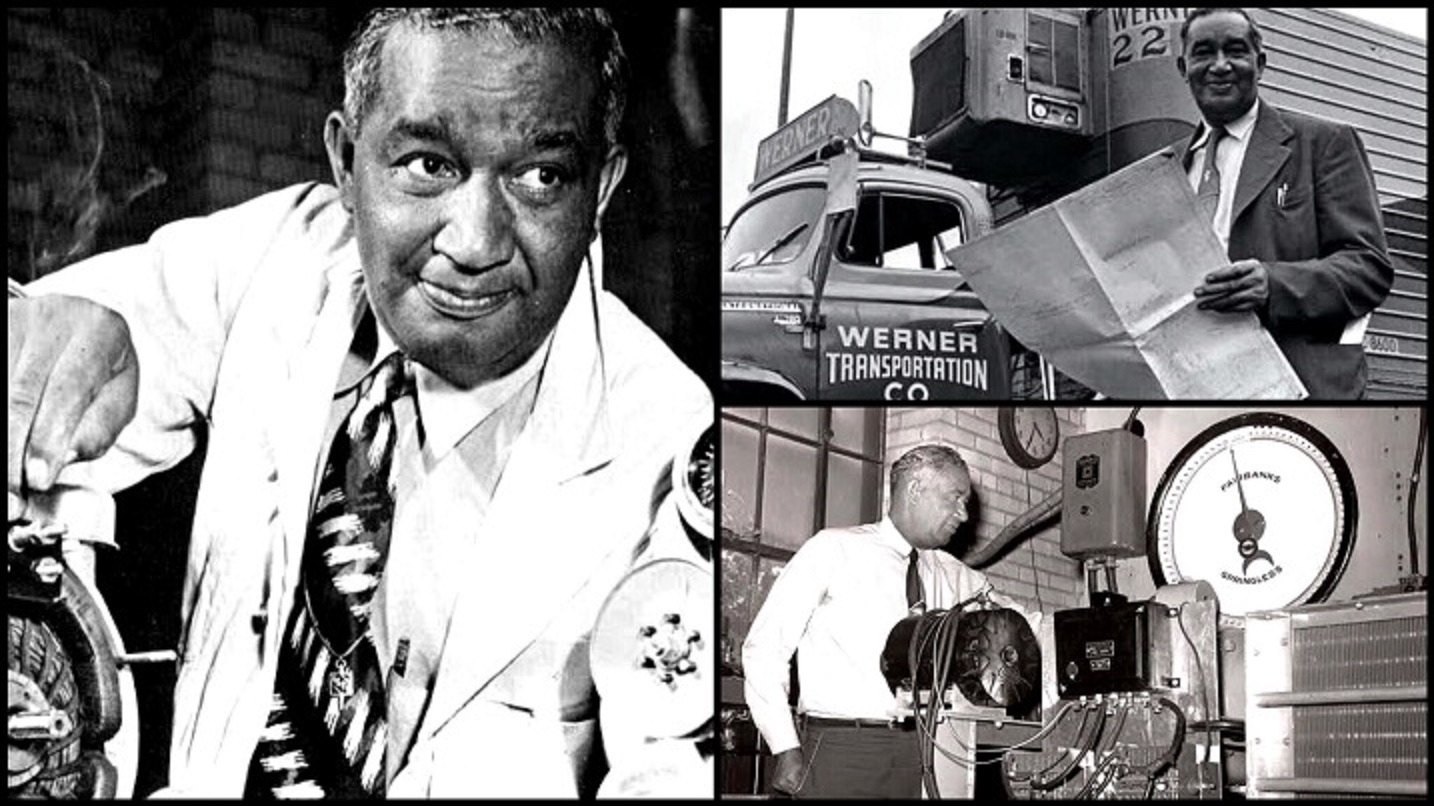Her parents were a free white woman and an enslaved Black man. Jenny Slew was thus raised free and lived her entire life as a free woman; however, in 1762, when she was in her forties, she was kidnapped and enslaved by John Whipple.
She consulted the courts. Her birth in Ipswich, Essex County, Massachusetts Bay Colony, to a free white woman and an enslaved Black man, made her case historical. In a civil suit, Slew argued that because a child’s legal status follows that of the mother, she, too, deserved her freedom like her mother.
Slew would not have been able to approach the courts as an enslaved person, but history says that at the time, Massachusetts allowed enslaved people to bring civil suits to courts. So, in 1765, Slew went to court with an attorney and sued her owner Whipple for her freedom, accusing him of illegally holding her in bondage. She also claimed that because her mother was free, she was free as well. Although the case was initially dismissed, Slew did not give up.
Whipple had claimed that Slew had no legal standing to sue him. He claimed that because Slew was married, he could not sue. According to historians, he maintained that her husband would have to sue on her behalf “because married women’s legal rights were subsumed by those of her husband under the doctrine of couverture.” In other words, because Slew had no identity apart from her husband, she couldn’t sue on her own behalf. An enslaved person could make a legal claim, but a married woman could not.
Because of this, Slew’s case was on the verge of being dismissed. She had been married several times, but all to enslaved men. That saved her because those marriages were not recognized.
Slew took her case to the Essex Superior Court of Judicature in Salem, Massachusetts, in 1766, and the court agreed to hear her case. Slew won her case against her owner Whipple in a jury trial for capturing her “with force and arms” and keeping her as his slave from January 29, 1762, to March 5, 1765, as well as doing “other injuries against the peace” and to her.
A child legally assumed the status of the mother. Slew’s mother was white, so she was not a slave under the law. Slew was released and awarded four pounds in restitution. She was the first enslaved person to be freed through a jury trial.
The odds were stacked against Slew. She was not only Black, but she was a woman suing a white man and would be judged by white men who thought they were superior to her. But she fought for not only her own but also the freedom of others.
Massachusetts was the first American colony to legalize slavery, with approximately 5,000 slaves in 1750. According to historians, there were none by 1790. Slew’s suit was the first of many freedom suits that contributed to the abolition of slavery in Massachusetts.
